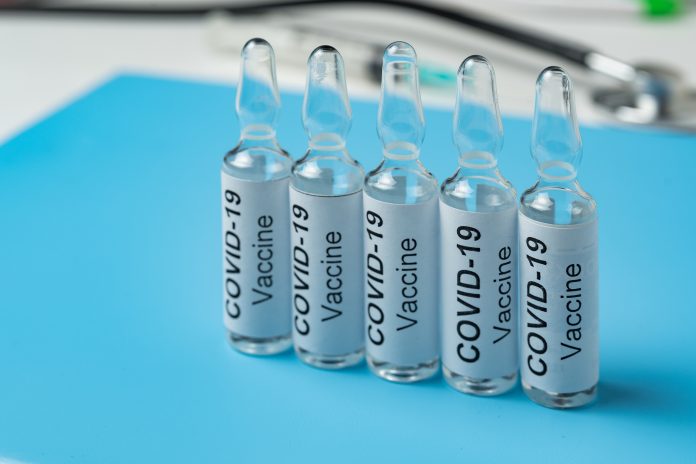The Oxford and AstraZeneca vaccine trial gave an accidental half-dose to 3,000 people – but this mistake is the reason the vaccine acted as 90% efficient
In a fascinating turn of events, officials at AstraZeneca and Oxford University confirmed on Wednesday that there was a dosing mistake in their clinical trials for the COVID-19 vaccine.
90% or 62% effective
When clinical trials for this vaccine revealed results on Monday, it appeared to be either 90% or 62% effective at treating COVID-19. These results gave an average of 70.4%, which meet the minimum threshold for a usable vaccine. Companies like BioNTech and Moderna are showing efficiency levels above 90% across the board, which immediately created some doubts about the wider range of the AstraZeneca figures. Some news outlets reported the optimistic 90% only, while few picked up on the 62%.
The recent information shows that the 90% effective dose of the drug was based on a half-dose, then followed a month later with a full dose. The half-doses were given to 3,000 individuals in the clinical trials – due to a miscalculation of concentration in the vials used for those individuals. The accident was described as “serendipity” by Menelas Pangalos, Executive Vice-President of BioPharmaceuticals R&D at AstraZeneca.
If the result is stronger, then what is the problem?
The clinical trials were not designed to account for a half-dose. This is the key issue, which has brought some doubts from various experts about the validity of the efficiency percentage, especially as the AstraZeneca vaccine trial continues and puts out more data. However, Professor Sarah Gilbert from Oxford University, who designed the vaccine, commented: “It could be that by giving a small amount of the vaccine to start with and following up with a big amount, that’s a better way of kicking the immune system into action and giving us the strongest immune response and the most effective immune response.”
So the mistake could shed crucial light on the functioning of the human immune system in relation to this virus.
Professor Andrew Pollard, director of the Oxford Vaccine Group and chief investigator of the trial, further commented: “What we don’t know at this moment is whether that difference is in the quality or the quantity of immune response.
“And that’s something we’re going to be digging into over the next weeks.”











